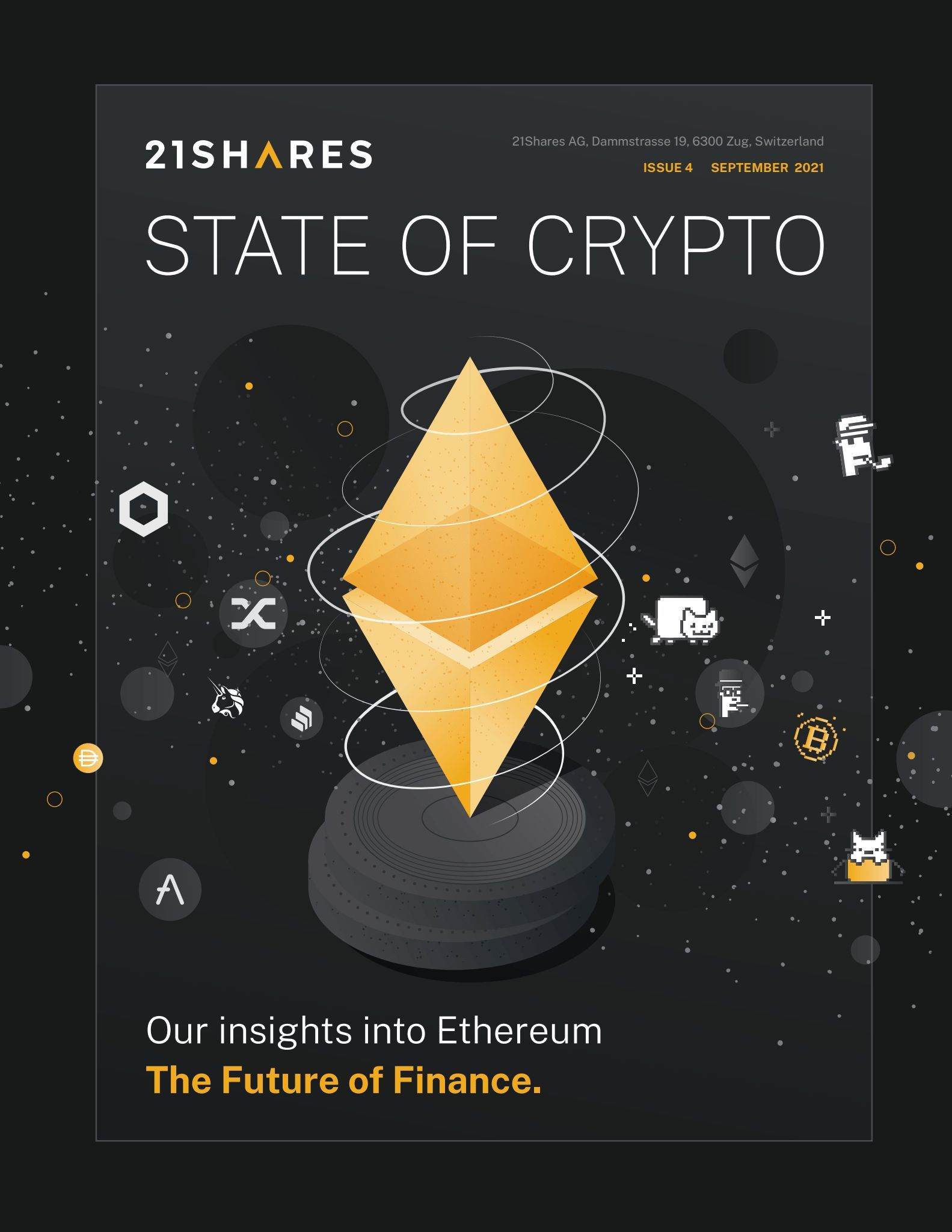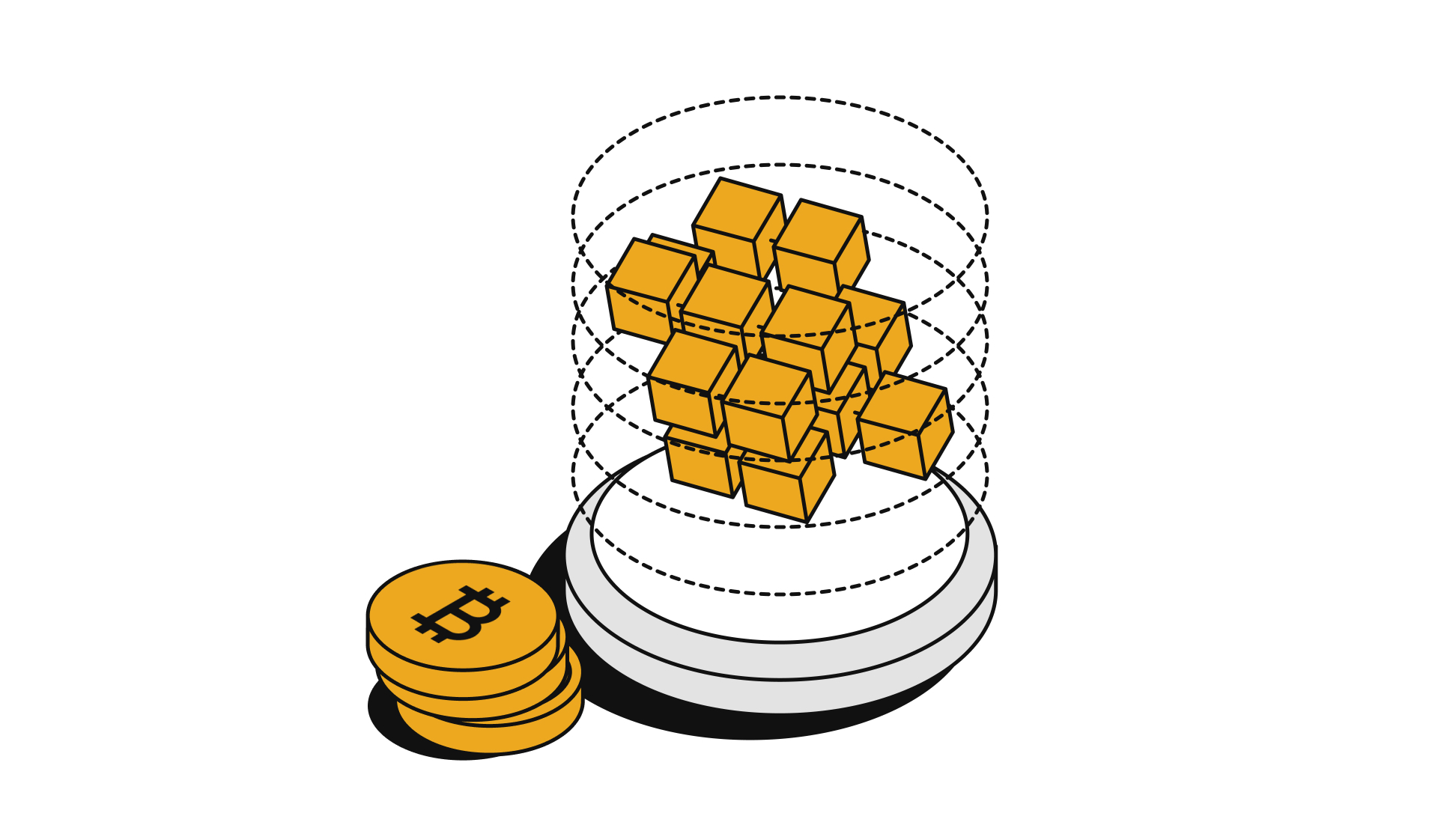Crypto Market Shaken: Metaverse Tokens Surge Amid Chaos
.webp)


Market Outlook
This past week triggered a rollercoaster of emotions in the crypto market. On October 27th, within 24 hours, over 170,000 traders got liquidated as most market categories dropped by nearly a double-digit percent, except for Metaverse tokens. In total, almost $900M of long liquidations were triggered on derivatives venues. Bitcoin fell shortly below the $60K mark but retrieved the 7-day losses. The cryptoasset currently trades at $63K as of writing, while Ethereum trades in price discovery mode, breaking its previous all-time high of $4.3K. Ethereum’s rally might have been driven by the Chicago Mercantile Exchange’s (CME) announcement of Micro Ether futures. Smaller-sized futures contracts will broaden access to cash-settled Ether futures to an extensive array of professional investors and raise awareness of Ethereum as an asset class.
The outliers of this past seven days have been Virtual & Augmented Reality tokens or also dubbed Metaverse tokens (+576% ROI).
Metaverse Tokens
Facebook announced a major corporate rebranding to Meta in reference to its strategy to focus on the next generation of social networking happening in virtual reality. In addition, the firm announced its intentions to support NFTs in the context of selling goods and services in the virtual world. “This will make it easier for people to sell Limited Edition digital objects like NFTs, display them in their digital spaces and even resell them to the next person securely,” according to Facebook Head of Metaverse Products Vishal Shah.
Some critics attributed this move to increased regulatory scrutiny with the waves of scandals, such as the leaked documents from Frances Haugen, a former employee at Facebook — describing algorithm discrimination and oppression. However, at 21Shares, we believe Facebook's announcement was an essential promotion for the crypto industry's virtual & augmented reality sector. The tainted image of the social media giant is amongst the main reasons decentralized applications exist to dismantle the power a corporation like Facebook exerts over users.
Crypto-native virtual-reality applications have been in the spotlight as investors seek alternatives to Facebook. According to Statista, the global augmented reality (AR), virtual reality (VR), and mixed reality (MR) market is expected to reach 30.7 billion U.S. dollars in 2021, rising to close to 300 billion U.S. dollars by 2024. Ethereum-based virtual games such as the Sandbox (ticker: SAND) and Decentraland (ticker: MANA), where players can play, build, own, and monetize their virtual experiences — rose by more than 263% and 275%, respectively in the past seven days. Both applications have a combined market cap of $7 billion or 22% of the global market. We could anticipate both applications and the Metaverse sector to keep up with this rate of adoption and awareness as users continue to distrust Facebook. On the flip side, Facebook has the competitive advantage of owning virtual reality hardware, Oculus. In 2014, Facebook announced the acquisition of this leader in immersive virtual reality technology, for a total of approximately $2 billion. The paradox between software and hardware in the VR and AR sectors will be important to monitor as this sector moves towards mainstream adoption and beyond gaming, such as health care and the airline industries. The bull case scenario for Facebook / Meta is that by owning Oculus, it might become the largest beneficiary of the adoption of the Metaverse sector as users will likely be using more immersion VR goggles significantly in the future.

Meta could win the VR/AR hardware race but not necessarily succeed in the application/software category. While its virtual space will be available to billions, due to distrust placed in Facebook, users will most likely divert to crypto-native applications like Sandbox and Decentraland. So either Facebook will make those crypto virtual spaces available on Oculus alongside its in-house application or take the opposite direction. Needless to say that embracing decentralized VR and AR applications on Oculus will be one of the most important moves for Facebook / Meta to reinvent itself.
Weekly Returns
The returns of the top five crypto assets over the last week were as follows — BTC (1.15%), ETH (4.72%), BNB (15.22%), XRP (-1.32%), and ADA (-8.86%).

Net Inflows per 21Shares ETP
The net inflows of our ETPs combining $35.82 million in the past week, were as follows: AADA (+$ 3,748,169.46), ABBA (+$ 2,733,572.55), ABNB (-$ 2,174,279.53), ABTC( +$ 9,166,965.51), ADOT (+$ 4,404,378.21), AETH (+$ 8,552,822.62), ASOL (+$ 6,039,363.73), AXRP (-$ 355,623.65), HODL (+$ 2,927,662.70), HODLV (+$ 777,499.18)

Media Coverage
We are ecstatic to announce that 21Shares Crypto ETP Basket got shortlisted for “ETF of the Year” at the Swiss ETF Awards 2022, slated to take place on November 11th.
In an interview with our Research Lead, Eliezer Ndinga published last week, Kevin Donovan of Capital.com featured 21Shares broke down the reasons behind Bitcoin’s market price falling below the all time high as of writing of this report. “The reason Bitcoin is trading under $60,000 today, is leveraged trading over some of the exchanges. We’ve seen around 100,000 traders have liquidated over $800m in the past 24 hours,” Capital.com quoted Eliezer saying.
21Shares was also featured on Indian business publication Mint, in a report about crypto funds surging in AUMs along with Bitcoin’s all time high. The report mentioned that our products grew to $2.3 billion, recording a 32.5% increase. Based out of New York, U Today mentioned 21Shares in a report about Bitcoin’s volatility retracing and how institutions might be the reason behind it.
Have you checked out our latest State of Crypto? Click on the cover below and download your issue!
Once you click on the cover page: For web users, click on ‘print’ at the bottom right-hand side of the page. For mobile users, click on ‘continue to website’, then click at the top right-hand side on the three dots, then click ‘direct download’.

News - FATF Releases Update to Its “Risk-Based Approach” Guidance Report Towards Crypto
What happened?
Last week, the Paris-based Financial Action Task Force (FATF) released an update to a report it published last April, titled “Guidance for a Risk-Based Approach for Virtual Assets and Virtual Asset Service Providers.” The update comes as response to the community’s feedback to April’s report, deeming it vague in some cases while recommending restrictions that would only realistically harm those using the technology for good.
This report published last Thursday is meant to:
- Clarify definitions of Virtual Assets (VA) and Virtual Assets Service Providers (VASPs).
- Explain how the FATF standards apply to stablecoins
- Explain the risks and the tools available to countries to address the money laundry and terrorism financing risks for peer-to-peer transactions
- Guide on the licensing and registration of VASPs
- Provide more guidance on the implementation of the “travel rule,” for the public and private sectors.
- Highlight principles of information-sharing and cooperation among VASP Supervisors.
Why does it matter?
While not authorized to create legally binding policies, FATF is still an intergovernmental organization respected by many state regulators, and therefore highly influential. It hasn’t been a week since the launch of the report and it’s already making waves in Malta for example. On Monday, Malta’s parliament saw two MPs bring up the FATF against each other, in one MP’s effort to investigate the money spent on promoting Malta as the Blockchain Island.
The FATF responded to the crypto community’s comments, namely Coin Center’s, by removing all references to persons merely “facilitating” or “governing” transfers and instead focusing on persons with “control of assets”. The updated report also excluded some proposed language that would cover persons who launch a software-based decentralized exchange tool, however the report recommends they “give up control after launching it.”
As per page 82, the travel rule mandates “the obligation to obtain, hold, and submit required originator and beneficiary information associated with VA transfers in order to identify and report suspicious transactions, take freezing actions, and prohibit transactions with designated persons and entities.” The report clarified that fees paid to miners and validators are not subject to travel rule originator and beneficiary information collection. However, it still maintains its treatment of crypto transactions as wire transactions, which (if adopted) would make crypto transactions that are not bookended by two regulated parties answerable to the travel rule. Coin Center argued that these crypto transactions should be treated like cash transactions, since they do not resemble wires.
Moreover, the language of the 109-page report is still vague when tackling VASPs, with DeFi still considered as one, and inconsistent when addressing multi-signature wallets. One concern, for example, is that they added “actively” to the once-orphaned “facilitates” when talking about transfers, with no success at breaking down what the facilitating actually entails.
Disclaimer
The information provided does not constitute a prospectus or other offering material and does not contain or constitute an offer to sell or a solicitation of any offer to buy securities in any jurisdiction. Some of the information published herein may contain forward-looking statements. Readers are cautioned that any such forward-looking statements are not guarantees of future performance and involve risks and uncertainties and that actual results may differ materially from those in the forward-looking statements as a result of various factors. The information contained herein may not be considered as economic, legal, tax or other advice and users are cautioned to base investment decisions or other decisions solely on the content hereof.

.jpg)















